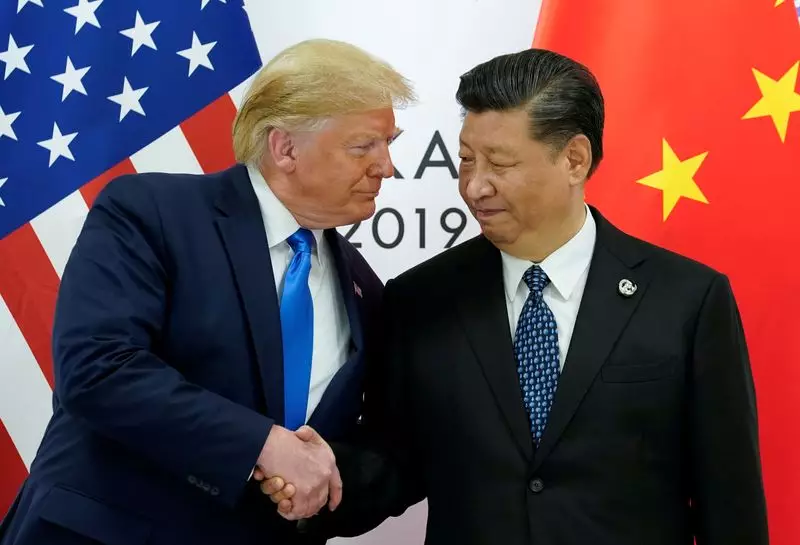The recent U.S. election outcome has prompted reactions from around the globe, with China notably expressing respect for the results and conveying congratulations to Donald Trump on his victory. As Trump prepares to assume the presidency for a second term, he faces the potential to reignite previously contentious issues in U.S.-China relations, particularly surrounding trade policies that can carry significant ramifications for both nations.
The complexities inherent in U.S.-China relations have been exacerbated by a history of tariffs and trade tensions, particularly during Trump’s first presidency. His approach to international trade raised alarms in Beijing, which viewed his tariffs as aggressive moves against a key global player. The Chinese foreign ministry acknowledged the election outcome and the people’s choice, yet behind this diplomatic language lies a wariness about what Trump’s administration could entail regarding their economic interactions.
With Trump back in the White House, the prospect of renewed tariffs looms large. His prior administration launched a trade war with China characterized by steep tariffs on a wide array of goods, an initiative that remains unaddressed by the Biden administration. The editorial voice of the Chinese state-run media, particularly in the China Daily, reflects a cautious optimism about the potential for a new chapter in diplomatic relations, urging both sides to avoid squandering the “chance” to foster better connections.
However, the editorial also underscores the precarious nature of the current situation, particularly as the Chinese economy grapples with its own vulnerabilities—marked by a potential property market collapse and waning domestic consumption. As Trump hints at imposing tariffs as high as 60% on Chinese imports, the stakes become even higher, instilling concern within the Chinese bureaucracy about the potential impacts on their economy.
China Daily emphasizes the importance of “pragmatism” when addressing the nuanced and multifaceted challenges in U.S.-China relations. A robust diplomatic approach that prioritizes dialogue and realistic solutions will be essential as both countries navigate through mutual suspicions and escalating tensions. The ongoing U.S. policies towards China stem not only from economic competition but are also influenced by geopolitical strategies and perceptions that often contribute to misunderstandings.
Bilateral relations hold significant implications not just for the two nations involved, but for the global economy at large. The potential repercussions of a trade war extend far beyond individual tariffs, illustrating a deeper disruption in international trade networks that could lead to widespread economic instability. Therefore, leaders from both countries are presented with an urgent mandate to chart a sustainable course that mitigates risks while fostering economic cooperation.
As Trump approaches his second term, the need for measured diplomacy and proactive communication will be pivotal. The international community closely watches how these two economic superpowers will address their differences, with the hope that they might turn adversarial dynamics into an opportunity for collaborative progress.

